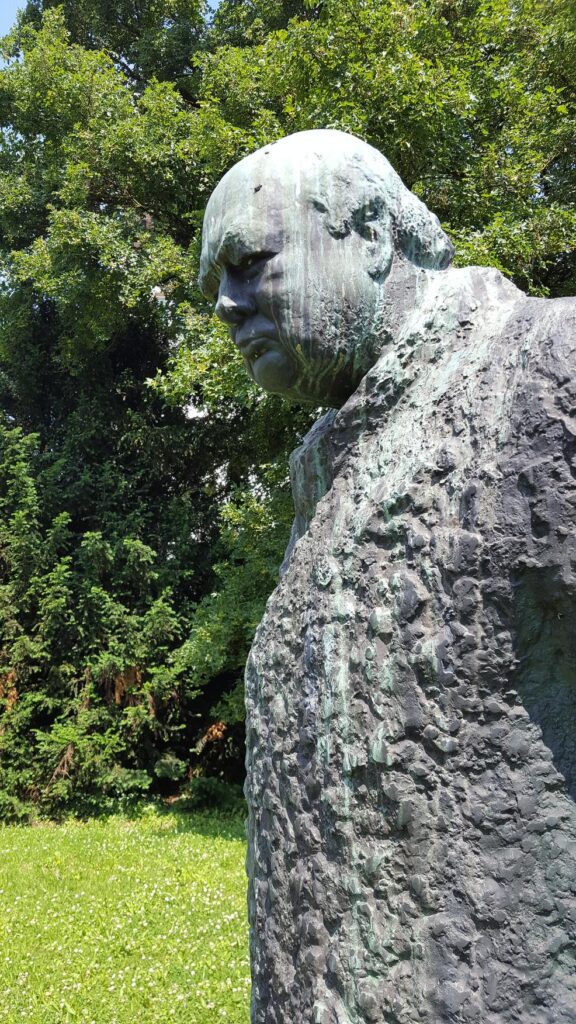Winston Churchill is someone who wrote well and a lot. Enough to receive the Nobel prize in Literature in 1953. But even more, has been written about him.
And as it is, the way someone like him is described easily becomes a story about a hero.
That is until someone finds it hard to look away from seeing the other aspects of the hero’s story and tries to bring some of it back. And if that doesn’t seem sufficient, someone may find that he must be described more like a villain than a hero to get the point to the audience.
Time passes by, what was true before a decision rarely is true afterward.
Sometimes the decision led to a good outcome, sometimes it didn’t.
Many circumstances are contributing to the outcome, not all of which can be known when deciding. The evaluation of a result will also change along with time and circumstances. What was common understanding before the creation of new technology or a power shift, may not remain the same once a new understanding settles in.
It happens in politics, organizations, and teams.
While it is most often votes that decide who is in power in politics, in an organization or team a different path is taken. However, it doesn’t always prevent people to be chosen because of liking or past success. It’s much easier than to look for criteria based on mindset, ethics, and best match for the task at hand.
When “heroism” is the selection criteria people tend to step into admiration and blind themselves from seeing that a human being remains a human. And once they discover that it is indeed the case, their disappointment tends to hide what was visible before.

